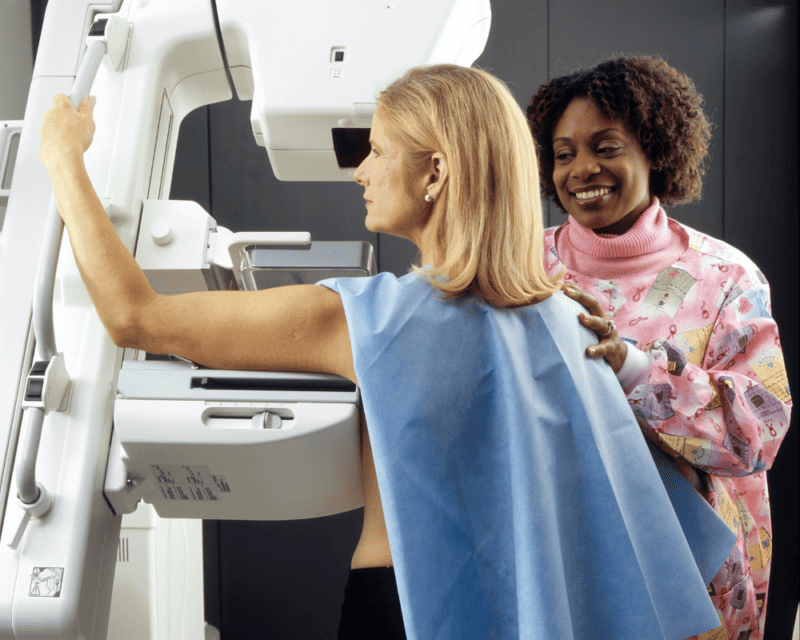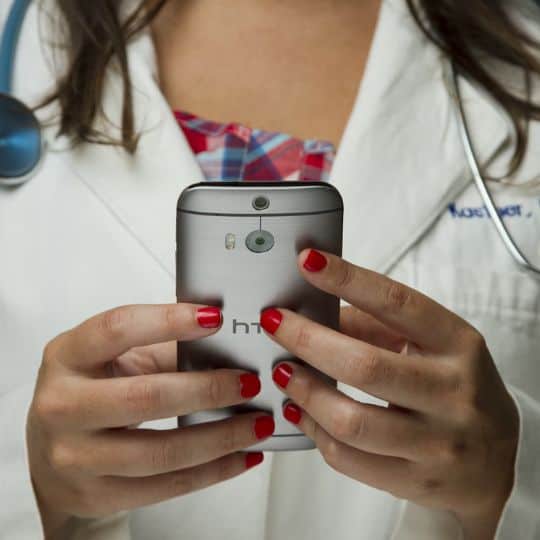The evolution of medical technology has revolutionised how we detect and manage illnesses, potentially saving countless lives. With many advanced diagnostic tools and technologies, early recognition of serious health conditions is now possible. Not only does this allow for prompt treatment, but it also provides an opportunity for individuals to take proactive steps in their health management. This guide explores the cutting-edge advancements in medical diagnostics and how they can be leveraged for the early detection of serious illnesses. It can be used as a resource for individuals at risk of developing such an illness, providing them with the knowledge to take control of their health and prevent further complications.
Key Diagnostic Tools

The field of diagnostic medicine has witnessed remarkable advancements, particularly in imaging technologies like Magnetic Resonance Imaging (MRI), Computed Tomography (CT) scans, and Positron Emission Tomography (PET) scans. These cutting-edge tools enable doctors to visualize internal structures and identify abnormalities that may indicate the presence of diseases.
Furthermore, genetic testing has emerged as a powerful tool for early disease detection, specifically for conditions with a genetic component. By analyzing an individual’s DNA, medical professionals can pinpoint specific genetic variations that may heighten the risk of certain ailments.
Lastly, laboratory diagnostics have also progressed, with highly sensitive blood tests playing a pivotal role in early disease detection. These tests can identify markers of diseases, such as proteins or other substances produced by cancer cells or during inflammation. As a result, diseases can be detected at their earliest stages, often before the manifestation of symptoms.
Cancer Screening
Cancer screening plays a significant role in the early detection of various types of cancers, often before symptoms arise. Early detection is vital because it often means a better prognosis and a wider range of treatment options. Namely, cancer screening utilizes various methods, such as imaging tests and laboratory tests, to find specific types of cancer before a person has any symptoms. It’s important to discuss your risk factors and which cancer screenings are appropriate for you with your healthcare provider. Keeping up with regular screenings can increase your chances of detecting any potential cancers at their earliest and most treatable stages.
There are various types of cancer screenings available, including mammograms for breast cancer, colonoscopies for colon cancer, and pap smears for cervical cancer. Being aware of recommended screens and taking action to prioritize your health can make all the difference in detecting and treating cancer early.
Embracing Telemedicine
Telemedicine is another significant advancement in healthcare that has transformed the way patients interact with medical professionals. Particularly during the COVID-19 pandemic, telemedicine has proved invaluable by providing remote patient monitoring, virtual consultations, and digital diagnostic services. This has not only made healthcare more accessible but also allowed high-risk individuals to receive medical attention without the risk of exposure to illnesses in hospital settings.
The impact of telemedicine on patients cannot be understated, and the future of medicine looks to benefit greatly from the innovation. For those who need to consult with a doctor online, services like Prime Medic offer a convenient and efficient solution. With their platform, you can have a virtual consultation with a qualified healthcare professional from the comfort of your home. Telemedicine applications equipped with AI-powered symptom checkers can also assist in the early detection of serious health conditions, making it a potential game-changer in the world of diagnostics.
In case a serious illness is detected, telemedicine can also facilitate remote treatment options, such as prescription delivery and virtual physical therapy sessions. These advancements have not only improved the efficiency of healthcare but also reduced the burden on hospitals and medical facilities.
The Role of Artificial Intelligence
Artificial intelligence (AI) has rapidly gained traction in the healthcare industry, with its potential to enhance diagnostic accuracy. By training AI algorithms using large datasets, computers can learn to detect patterns and anomalies that may elude human observers, allowing for earlier disease detection. For instance, AI-powered software can analyze medical images and identify minute changes that may indicate the early stages of a disease. This can significantly aid in the diagnosis process and potentially save lives by facilitating timely treatment.
Over some time, AI is also expected to revolutionize medical data analysis, which can provide valuable insights into disease patterns and trends. This can lead to more informed decisions in healthcare policy-making and disease prevention strategies.
Empowering Individuals with Information
While these advancements in medical technology have revolutionized diagnostics, they are only beneficial if individuals are aware of their potential and how to use them. Individuals at risk of developing serious illnesses must educate themselves about these advanced technologies and their importance in early detection. Understanding the warning signs and utilizing the available tools helps individuals take control of their health and obtain timely medical intervention if needed. Moreover, maintaining a healthy lifestyle, regular screenings, and consultations with healthcare professionals can also play a crucial role in preventing and managing serious illnesses.
In conclusion, the revolution in medical technology has tremendously improved our ability to detect and manage serious illnesses. Advanced diagnostic tools, the advent of telemedicine, and the application of AI in healthcare have all contributed to this quantum leap. More importantly, these advancements empower individuals with the information and resources to proactively manage their health. However, their real power lies in their utilization by individuals who can leverage these tools for early detection and proactive health management. Awareness, appropriate use of these advancements, and maintaining regular contact with healthcare professionals are integral to this process. As medical technology continues to evolve, the future holds immense promise for timely and accurate disease detection, potentially saving countless lives and improving health outcomes globally.

